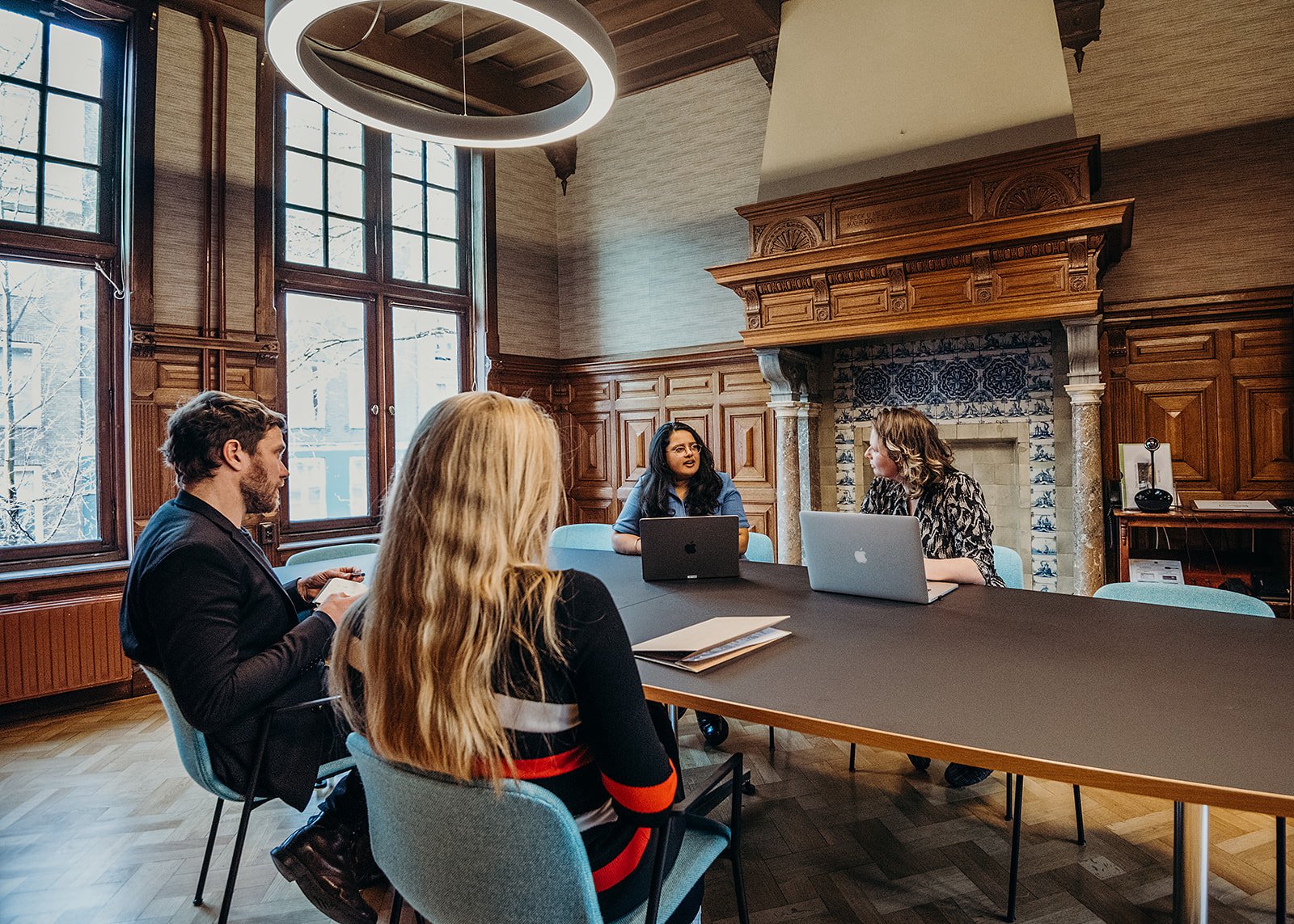PhD Candidate (Kalsbeek Group) - NIN-KNAW - Amsterdam Zuidoost
PhD Candidate (Kalsbeek Group) - NIN-KNAW - Amsterdam Zuidoost
You cannot apply for this job anymore (deadline was 14 Jun 2021).
Browse the current job offers or choose an item in the top navigation above.
Job description
The Kalsbeek lab has an opportunity for a PhD candidate to study the impact of timed exercise and food intake on energy metabolism and brain function in pre-diabetic animal models.
Project description:
Current knowledge implicates impaired hypothalamic control of body weight and systemic glucose metabolism as key pathogenic processes leading to type 2 diabetes mellitus (T2DM). Our unhealthy 24-hour society may contribute to the increasing incidence of T2DM, as the desynchronization between environmental light cues and our daily behaviour can disturb our biological clock. We hypothesize that appropriate timing of behavioural interventions will strengthen the daily rhythmicity of this biological clock and thereby improve metabolic health and glucose homeostasis. This timed interventions may represent a novel strategy in the prevention and treatment of T2DM. The PhD student will study the effects of exercise- and meal-timing on metabolic health, with a focus on glucose and energy metabolism. The study will help to understand the neurobiological and molecular mechanisms that underlie the adverse effects of circadian desynchronization, such as induced by shift work, on metabolic health and investigate how to minimize these adverse effects.
This PhD position is one of in total 25 positions at the core of the NWO funded BioClock consortium, which is part of the Dutch Research Agenda. BioClock is a national consortium in which academic institutes, societal partners, and industry join forces to address a broad spectrum of fundamental and applied research questions on the circadian clock in modern society. As a PhD student in the BioClock consortium, you’ll get the opportunity to actively participate in this multidisciplinary team effort. See https://bioclockconsortium.org/ for more information about the BioClock consortium.
Specifications
- €2395—€3061 per month
- Amsterdam Zuid-Oost View on Google Maps
Requirements
Desired skills and experience:
We are looking for a PhD student who is highly passionate about science, highly motivated, energetic, detail-oriented and capable to work and troubleshoot independently. Due to its 'round-the-clock' nature, this project is not compatible with a 9-to-5 mentality and candidates should be willing to work outside regular office hours. The ideal candidate should have: 1) obtained a master degree in biomedical science or neuroscience; 2) experience with working with animal models (mice or rat) and preferably have obtained Qualification 9 (Art 9); 3) experience in working with bright-field and fluorescent microscopy. In addition, our research group is very international, therefore being fluent in English will be highly appreciated.
Conditions of employment
Appointment
We offer an interesting and challenging PhD project under good supervision in a renowned research group. The position is full time, for a period of 4 years in total. Initially this position is fixed-term for 1 year, with the possibility, after favourable evaluation, of a fixed-term extension.
Salary
The gross monthly salary is in accordance with the Collective Labour Agreement for Dutch Universities; CAO NU), and for PhD students will range from €2395,- up to a maximum of €3061,- per month before tax. A 8% holiday allowance and 8.3% year-end bonus are excluded. We offer travel expenses, paid parental leave, flexible working hours, 30 days paid leave per year and help by finding a house.
Employer
Netherlands Institute for Neuroscience
The Netherlands Institute for Neuroscience is an Academy research institute. It conducts basic and strategic research in the neurosciences. It examines how the human brain makes awareness, perception, movement, learning, social interaction and other cognitive functions possible. It also studies how brain disorders can disrupt these functions.
Department
Kalsbeek Group
Research in the Hypothalamic Integrations Mechanisms group is focused on those hypothalamic systems that control glucose and energy metabolism. To unravel the mechanisms of hypothalamic integration we study the hypothalamic biological clock and how it enforces its molecular rhythms onto hormone release, daily physiology and behaviour. Due to its close collaboration with the Department of Endocrinology and Metabolism at the Amsterdam UMC of the University of Amsterdam we form a diverse and international team harboring clinicians and basic scientists with expertise ranging from endocrinology to diabetes and neuroscience. The Netherlands Institute for Neuroscience (NIN-KNAW) is a leading fundamental neuroscience research institute providing many shared facilities, including electronics and mechatronics, enabling us to pursue frontier neuroscience research with several top research groups working in a highly collaborative environment. For further information see https://nin.nl/research/researchgroups/kalsbeek-groep/
Specifications
- PhD
- Natural sciences; Health
- €2395—€3061 per month
- University graduate
- AT2021-067
:fill(white)/logos/knaw-en-wide.png)
